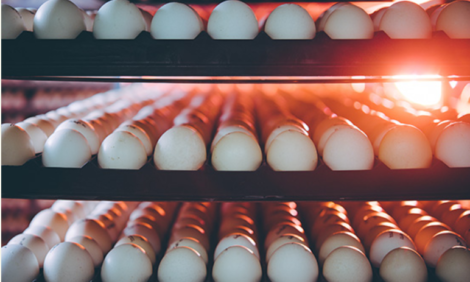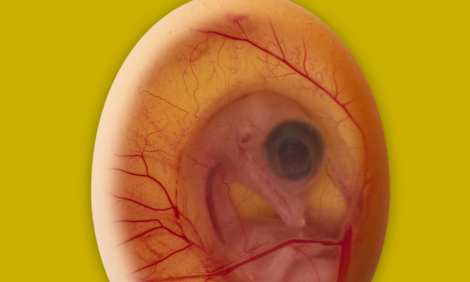



IPE 2012: Forum Focuses on Cutting Feed Costs
ANALYSIS - The recent periods of escalating feed ingredient prices across the globe have focused attention on the search for ways to reduce feed costs and/or improve feed efficiency, writes Jackie Linden, senior editor of ThePoultrySite from the International Poultry Expo (IPE) in Atlanta, US.IPE Week opened yesterday with a number of events, including the International Poultry Scientific Forum. The conference, held over two days each year is sponsored by the Southern Poultry Science Society, Southern Conference on Avian Diseases and US Poultry and Egg Association. Sessions on the first day covered such diverse topics as avian diseases, environment/management and processing. The outstanding theme of the session on nutrition, however, was on cutting feed costs.
Periods of rapidly escalating feed ingredient prices in recent years, caused by growing demand from biofuel production and from the growing global human population and some significant crop failures as the result of erratic climatic events, has caused the whole poultry industry to focus on reducing feed costs in poultry production.
In the Nutrition session yesterday, several papers reported the benefits of feed enzymes - phytates, proteases and carbohydrases, alone and in combination - on nutrient digestibility in order that the birds are able to extract as much of the nutrient content from their feed as possible.
Another series of papers examined how to make the best use of one feed ingredient that has become more abundant since the production of ethanol from maize - distillers dried grains with solubles (DDGS). One group of researchers had examined whether feed enzymes could increase the inclusion level of DDGS in the diets of brown layers, and another looked at incorporating DDGS and canola meal in turkey diets.
Several papers and associated posters looked at the effects of the coarseness of grinding maize on broiler performance and health, while another examined th energy value of various vegetable and animal fat sources and their blends.
The final paper in the session evaluated the carry-over effects of dietary lysine intake by broiler breeders on the performance of their progeny.









